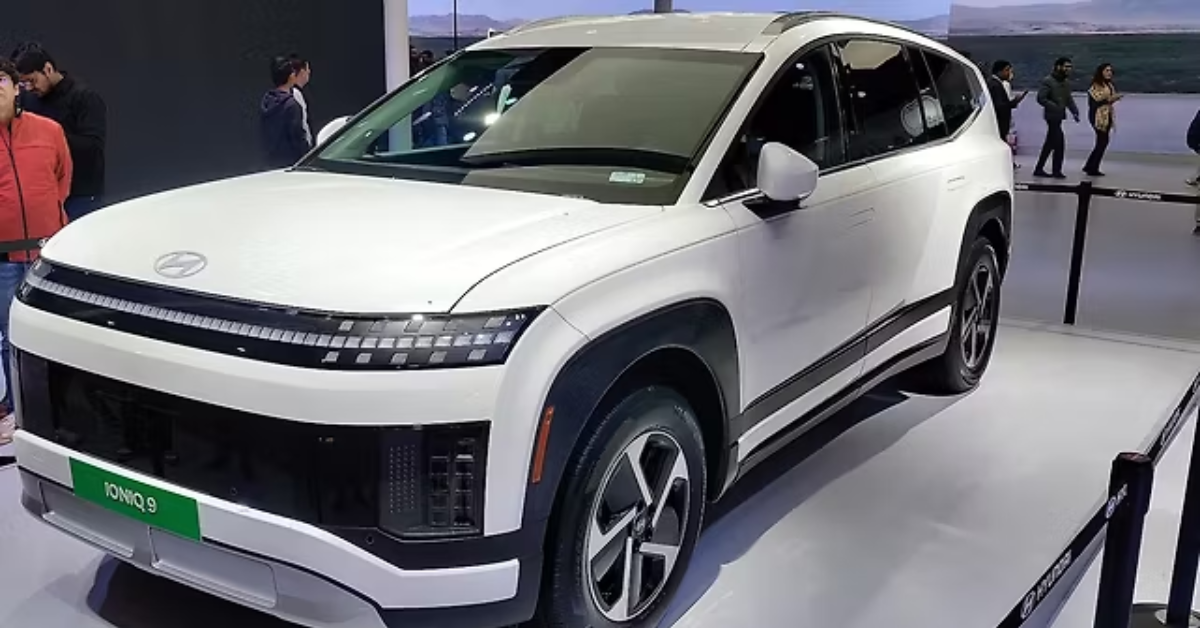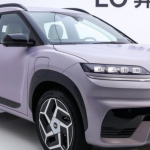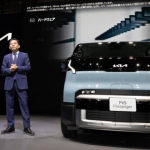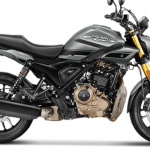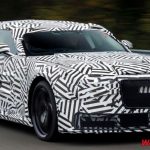Hyundai is taking its global growth strategy to an entirely new level with an ambitious 26-model mega plan that spans traditional combustion engine vehicles, hybrids, and fully electric models. This aggressive roadmap is set to solidify Hyundai’s position in key markets, including India, the US, and Europe, while expanding its EV portfolio to keep pace with the rapidly changing automotive industry. Among the highlights of this plan are the new Hyundai Venue, a refreshed Tucson, and the highly anticipated Ioniq 9, which will serve as a flagship electric SUV.
Hyundai’s 26-Model Strategy: A Big Leap Forward
The automaker’s 26-model rollout is a carefully balanced mix of:
- Compact SUVs for emerging markets.
- Premium SUVs for developed economies.
- Electric Vehicles (EVs) for the global shift towards sustainability.
- Hybrid and Plug-in Hybrid Models to bridge the gap between traditional ICE vehicles and full electrics.
Hyundai aims to achieve both global market penetration and technological leadership, ensuring that customers have multiple options regardless of their geography, budget, or environmental concerns.
The New Hyundai Venue: Compact Yet Powerful
The Hyundai Venue has been one of the brand’s most successful models in India and other emerging markets. The updated Venue in this mega plan will feature:
- Enhanced Styling with sharper LED headlamps and a bold grille design.
- Upgraded Interiors with a larger infotainment system and improved material quality.
- New Powertrain Options that include a more fuel-efficient petrol engine and possibly a mild-hybrid variant.
The new Venue will continue to appeal to city drivers who need a compact footprint but demand modern tech and connectivity.
Refreshed Hyundai Tucson: Premium SUV with More Tech
The Tucson has long been Hyundai’s answer to the mid-size premium SUV segment, and the upcoming refresh promises to push boundaries further. Expected highlights include:
- Sharper Design Language inspired by Hyundai’s ‘Sensuous Sportiness’ philosophy.
- Advanced Driver Assistance Systems (ADAS) to enhance safety.
- Hybrid and Plug-in Hybrid Powertrains for markets transitioning to greener mobility.
- Luxury-Like Cabin Features with ventilated seats, panoramic sunroof, and premium sound systems.
With this upgrade, Hyundai aims to strengthen the Tucson’s competitive stance against models like the Honda CR-V, Toyota RAV4, and Kia Sportage.
Ioniq 9: The Flagship Electric SUV
Perhaps the most exciting part of Hyundai’s mega plan is the Ioniq 9, a flagship electric SUV that will sit at the top of Hyundai’s EV lineup. Based on Hyundai’s E-GMP (Electric Global Modular Platform), the Ioniq 9 is expected to offer:
- A Range of Over 500 km on a single charge.
- Ultra-Fast Charging capable of adding 100 km in just minutes.
- Advanced Infotainment and AI Integration for a futuristic in-car experience.
- Sustainable Interior Materials for an eco-friendly luxury feel.
The Ioniq 9 is a clear sign that Hyundai is ready to compete with high-end electric SUVs from Tesla, BMW, and Mercedes-Benz.
Focus on Electrification and Sustainability
Hyundai’s mega plan puts a strong emphasis on electrification, with a significant portion of the 26 models being fully electric or hybrid. The company is investing heavily in battery technology, charging infrastructure, and software integration to ensure its EVs are practical and appealing to a broad audience.
Hyundai also intends to use sustainable materials in manufacturing and adopt green production practices to reduce its carbon footprint.
Impact on the Indian Market
For India, Hyundai’s strategy will bring a mix of affordable ICE and hybrid models along with premium EVs. The updated Venue and Tucson will likely lead the charge, while the Ioniq 9 could serve as a brand halo product to elevate Hyundai’s image in the premium segment.
The focus on fuel efficiency, connected car features, and competitive pricing will make Hyundai’s upcoming models highly attractive to Indian buyers.
Challenges Ahead
While the mega plan is ambitious, Hyundai will face challenges such as:
- Rising competition from both legacy automakers and new EV startups.
- Global supply chain disruptions affecting semiconductor availability.
- The need to balance affordability with advanced technology.
However, Hyundai’s track record of innovation and adaptability suggests it is well-equipped to navigate these challenges.
Conclusion
Hyundai’s 26-model mega plan is not just about expanding its product lineup—it’s about shaping the future of mobility. With exciting offerings like the new Venue, an upgraded Tucson, and the flagship Ioniq 9 EV, the automaker is positioning itself as a global leader in both ICE and electric vehicles.
If Hyundai delivers on its promises, the coming years could see the brand cement its position as one of the most versatile and forward-thinking carmakers in the world.

Hello, my name is Muskan Kumari and I am an experienced Digital Marketer. I have been blogging for the last 3 years and I have special interest in SEO. Here I give you easy bikes and writes easy-to-understand reviews and news about the latest bikes, helping readers choose the best options.. My aim is to always provide you with accurate, new and useful information.
